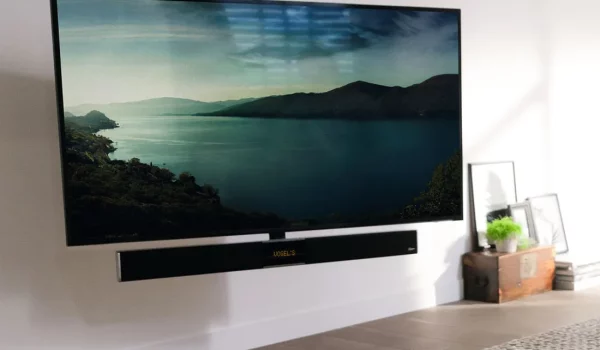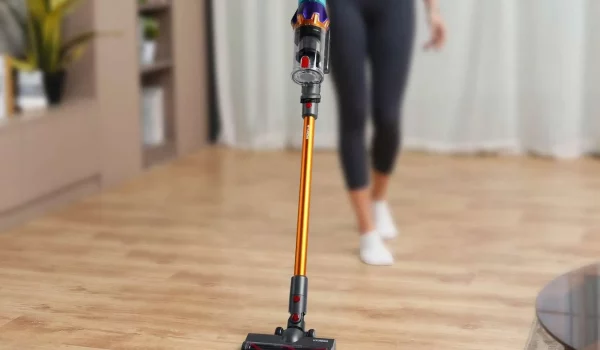From right to repair to willingness to repair
The impact of waste on our planet is significant. Therefore, there is a growing number of initiatives for the right to repair, aiming to prolong the lifespan of products and reduce disposal. However, the success of such initiatives largely depends on consumers’ willingness to participate. In the case of a product failure, consumers decide what to do with it. By examining consumers’ intentions and motivations, we can better understand how to encourage them to take care of their products and choose repair over replacement. In this study, the washing machine was used as a reference product to make evaluations more specific.
Various factors influence consumers’ choices to repair or replace. The authors have categorized barriers to repair into three main topics: technical possibility of repair, convenience to repair and willingness to repair.
Given the limited literature on consumer barriers to repair, the results of this study may be used as a benchmark for testing consumer attitudes in different regions and as a reference to establish policies and repair promotion campaigns to encourage consumers to prolong the lifecycle of their products.
Other relevant publications
Re-use of soundbars
How feasible is it to give soundbars a second life? Commissioned by Stichting OPEN, Second Use investigated the re-use potential of four soundbar models, revealing insights into repairability, consumer interest, and key barriers.
Re-use of cordless vacuum cleaners
The re-use of cordless vacuum cleaners presents interesting opportunities, but battery replacement costs pose a significant challenge. This study, conducted by Second Use on behalf of Stichting OPEN, examines the feasibility of refurbishment and identifies key improvements to extend the lifespan of these appliances.







